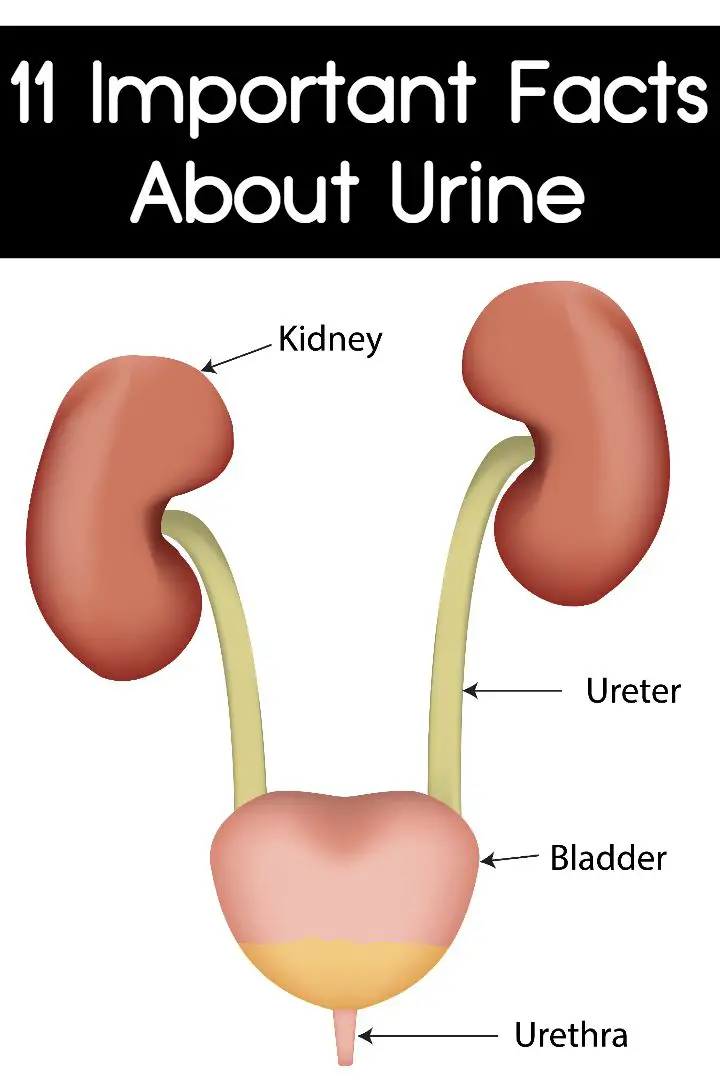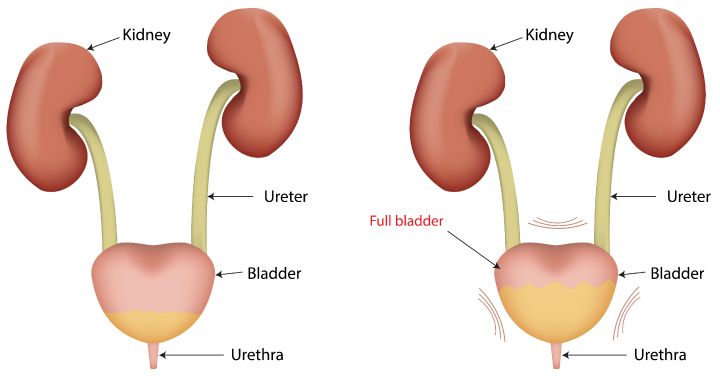11 Important Facts About Urine
You probably urinate each day and don’t think much of it. But there is much you can tell from a person’s urine and below are 11 important facts you need to know about urine.
1. The average adult produces about 6.5 cups of urine each day.
2. The average adult’s bladder can hold about 2 cups of urine for 2 – upwards of 5 hours.
3. The urine contained in the bladder of a healthy person is totally sterile and free of bacteria, viruses and fungi.
 4. The color of your urine is important:
4. The color of your urine is important:
- Light or no color and clear: Healthy
- Dark yellow or brown: Can indicate dehydration or insufficient hydration.
- Brown: Brown urine can also indicate liver dysfunction or a blockage in the bile ducts causing bile to get into the urine.
- Red: Indicates red blood cells or blood in the urine and is cause for alarm. See a doctor.
- Bright yellow or green-toned: B vitamins or food coloring can make your urine turn a more bright or green-toned yellow.
- Orange or pink: Foods such as carrots or beets can cause your urine to turn orange or pink.
5. Urine is made up of 95% water, 2.5% urea and the remaining 2.5% is a combination of salt, hormones, nutrients, and creatine.
6. Some people have “shy bladder syndrome” which is the inability to pee in public. The technical name for this phobia is Paruresis.
7. Foamy urine can be caused by a fierce flow or it can be a sign of protein in the urine, proteinuria. If you suspect proteinuria, you should see a doctor.
8. The kidneys are responsible for forming urine. They do so by removing waste materials and salts from the blood, forming urine and then sending these substances out of the body.
9. Urine therapy is the act of drinking urine to to prevent or cure sickness, to enhance beauty, or to cleanse one’s bowels.
10. Contrary to what you may have heard, urinating on a jellyfish sting is not an effective remedy. (Instead, apply diluted vinegar to the sting and follow up with ice.)
11. Eating foods like alcohol, coffee, asparagus or garlic can affect the smell of your pee. The smell of your urine can also indicate several medical conditions:
- Foul smell – can indicate bacterial infection.
- Musty smell – can indicate liver disease.
- Ammonia smell – can indicate dehydration.
- Sweet smell – can indicate diabetes.
